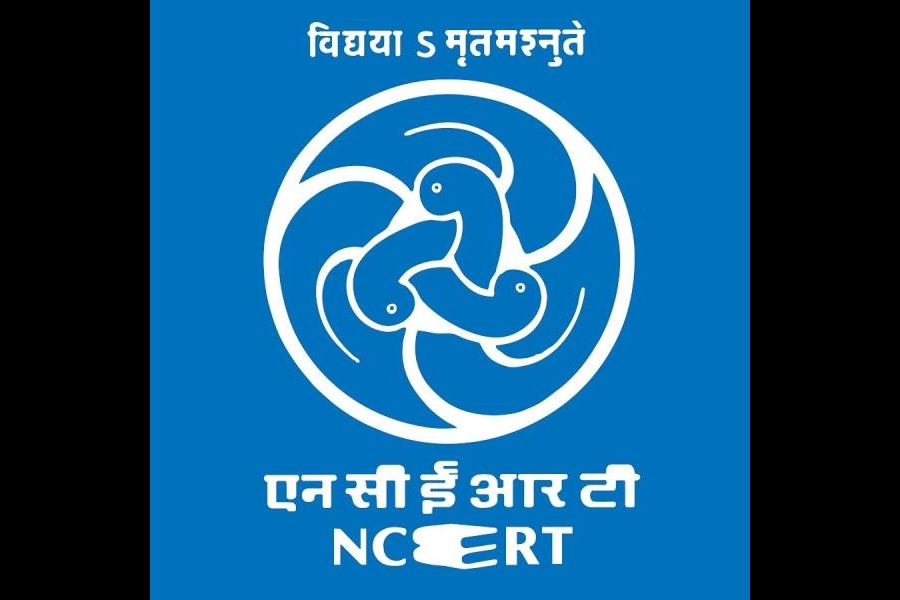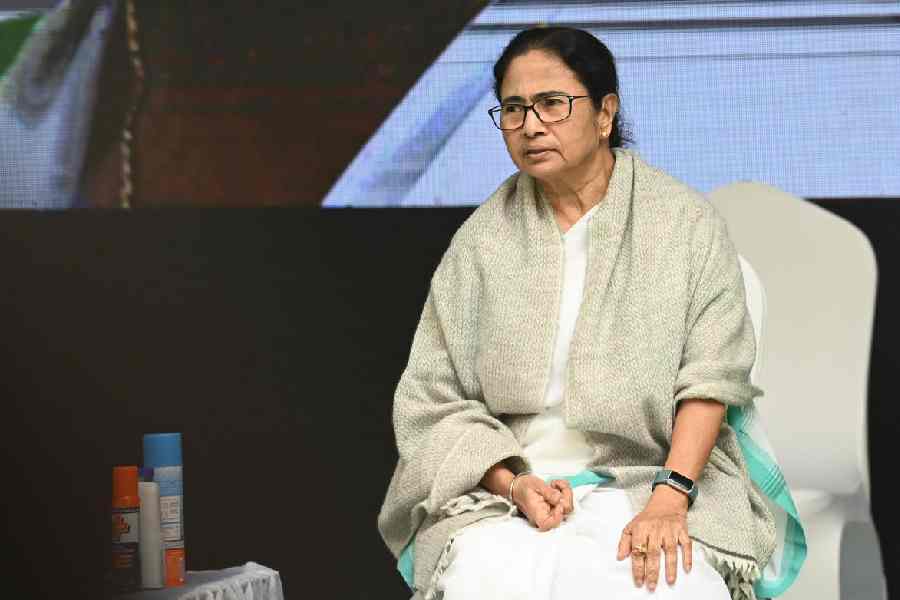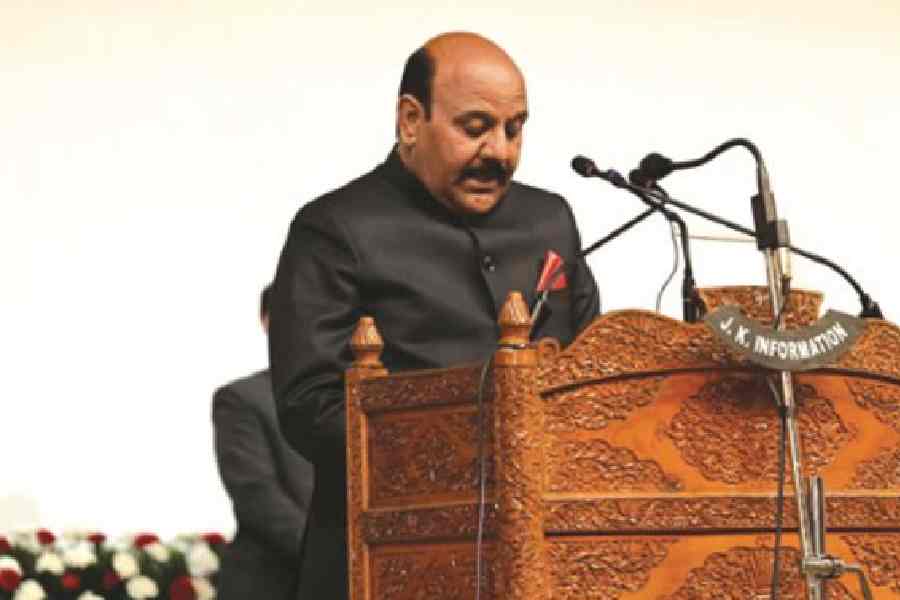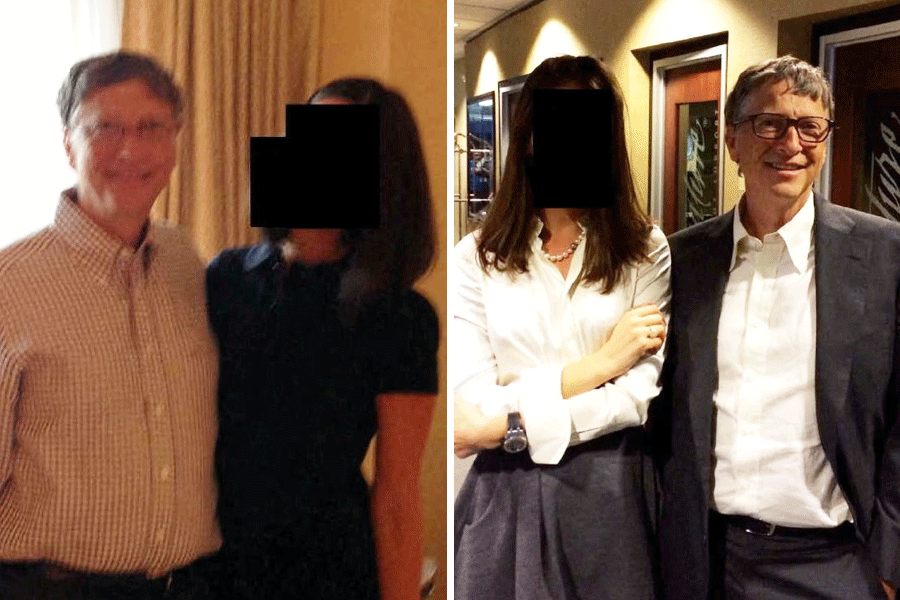Book of Rachel By Esther David, Viking, Rs 295
Bene Israelis represent a tiny Jewish community living peacefully on the western coast of India for centuries. They speak Marathi, dress and eat mostly like Indians, while holding steadfastly on to their monotheistic faith. The community, Bene Israeli lore has it, descends from a shipwrecked Israeli group that settled on the Konkan coast around 175 BC. Bene Israels, literally meaning ?children of Israel?, are a tightly-knit community, simultaneously harbouring pro-Indian feelings and Jewish sentiments. In the recent past, its younger members have started moving back to Israel, further reducing the size of this small community.
The author, Esther David, hails from this community and has been at pains to explore the Jewish Indian heritage as also to express the Bene Israel dreams and aspirations. David?s two earlier novels, The Walled City and Book of Esther, depict Jewish Indian life, analyzing the angst of the community members. Book of Rachel, like the Book of Esther, tells the tale of an elderly, lonely Bene Israeli woman, Rachel, who has lost her husband and whose children have gone back to Israel.
Cooking dainty Bene Israeli dishes and looking after a local synagogue are Rachel?s obsessions. Despite the repeated persuasion of her children to move to Israel, Rachel has decided to stay back. If this defines the Indian core of her selfhood, her cooking Jewish food and performing Jewish rituals represent her honest effort to preserve Jewish culture. In Rachel, sentiments stemming from both territorial and ethno-religious notions of nationality are at work. Rachel?s loyalties are divided, but never in conflict.
A crisis in Rachel?s quiet, unperturbed life erupts when the synagogue committee, led by one Mr Mordecai, draws up plans to sell the synagogue and the adjacent lands to an upstart businessman, Satish Chinoy. The flabbergasted Rachel turns to Judah, a Mumbai-based lawyer who is also her son?s friend, for help. The synagogue problem gets sorted out miraculously, deepening Rachel?s faith in the divine dispensation of Prophet Elijah.
Like the Book of Esther, this novel too is set in Danda, an obscure village off the Konkan coast, grappling with the onset of urbanization. David employs a curious fictional device of opening each chapter with an elaborate recipe of Jewish cuisine with full explanation of its social and religious symbolism. Interestingly, preparation of these dishes on special occasions, like the Sabbath, or Passover brings back Rachel?s memories and connects her to her Indian past. Bene Israelis cherish this ambiguity. Zephra, Rachel?s daughter dreams that ?she was flying towards the Promised Land, but was rooted to the land of her birth.?










